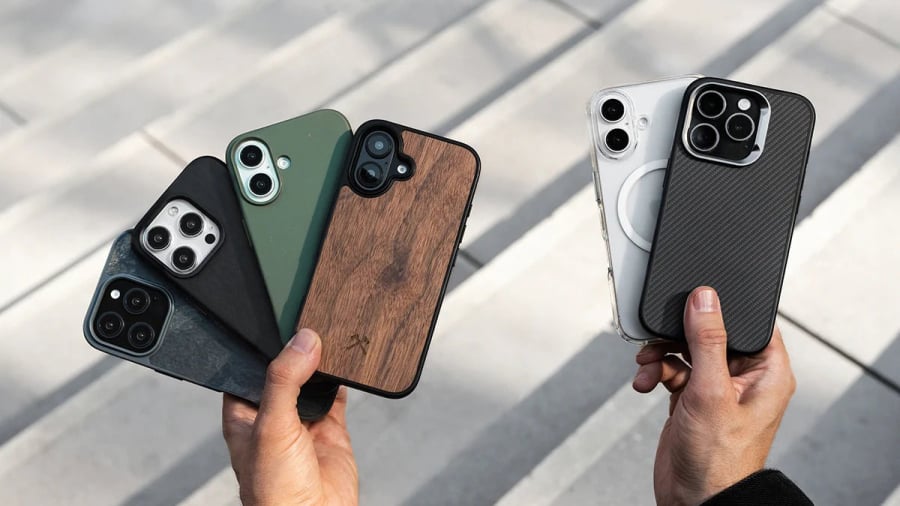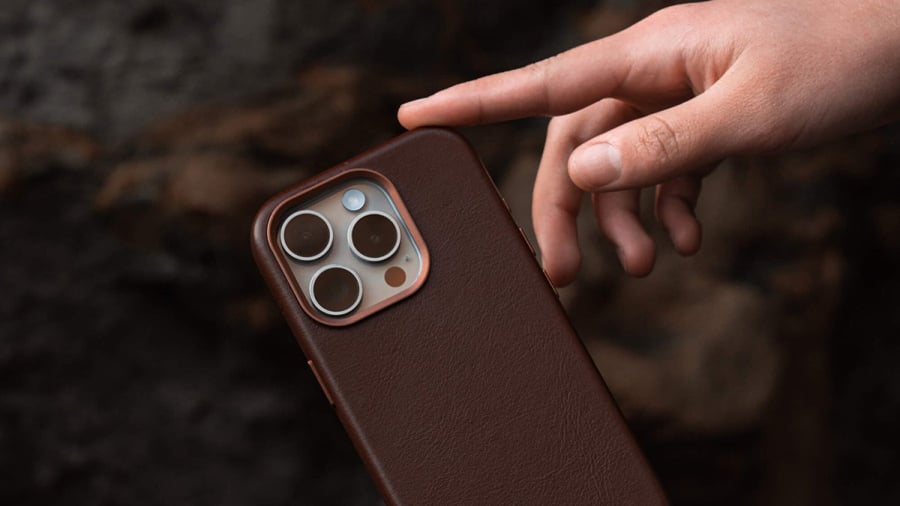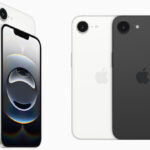In Vietnam, it is almost second nature to use a phone case. This is seen as a protective “shield” to safeguard expensive devices from scratches, drops, or unwanted impacts. However, if you’ve ever lived or worked in Western countries, you may have noticed something quite interesting: many foreigners do not use phone cases. So, what’s the reason behind this difference?
1. Trust in the Original Design
People in developed countries often place great trust in phone manufacturers like Apple, Samsung, and Google. They believe that if they’re spending hundreds or even thousands of dollars on a device, it should inherently have some level of durability and impact resistance.
Many foreigners also share that using a case takes away from the “real” feel of the phone – something that designers have meticulously crafted. For them, every detail, from the design to the materials and aesthetics, deserves to be experienced as intended.

2. Phone Cases Don’t Offer Absolute Protection
A common belief in Vietnam is that phone cases keep the device looking new, especially for resale value. However, in reality, according to many foreign users, phone cases do not provide the perfect protection we often assume they do.
Additionally, some tech experts argue that phone cases can create a false sense of security, leading users to be more careless. Unless it’s a specialized shock-resistant case, most standard cases offer very little in terms of reducing damage.
3. Detracting from the Phone’s Design Aesthetics
For many foreigners, a phone is not just a communication tool but also a work of art. Smartphone manufacturers invest millions of dollars in design to ensure their products are not only powerful but also aesthetically pleasing.
Using a case is likened to covering a piece of art with a bulky sleeve. As a result, some choose to keep their phones “naked” to showcase the original design aesthetics.
4. Hindering Heat Dissipation
Today’s smartphones use powerful processors that can generate significant heat during use. Cases, especially thicker ones or those made from insulating materials, can hinder the phone’s heat dissipation, leading to rapid overheating during gaming, video recording, or charging.
Going caseless allows for better heat dissipation and provides a more comfortable grip, especially in hot weather.
5. Limiting the Wireless Charging Experience
Wireless charging technology is becoming increasingly popular, especially in premium phone models. However, phone cases – especially those that are not up to standard – can affect charging efficiency, resulting in slower charging speeds or disrupted connections between the device and charger.
Therefore, many foreign users choose to go caseless to fully utilize this advanced technology.
6. Minimalist Lifestyle and Habits

Lifestyle is an undeniable factor. Westerners often favor minimalism and practicality. For them, a phone reflects their personality, aesthetic sense, and attention to detail.
Additionally, phone protection comes from awareness and careful usage habits – something many Vietnamese tend to overlook due to over-reliance on external protection.
While there are several reasons why foreigners may choose not to use phone cases, it doesn’t mean they completely dismiss them. In many countries, individuals still opt for cases, especially those that are thin, minimalist, or highly fashionable.
Ultimately, the decision to use a phone case depends on personal needs, lifestyle, and beliefs. What matters is understanding the reasons behind one’s choices – not merely following habits or the majority.
The iPhone 16e: Unveiling the Latest Apple Innovation, Starting at Just 17 Million VND.
The iPhone 16e is the newest addition to the iPhone 16 family and is the most affordable option yet. It’s also the first iPhone to feature a mobile modem designed entirely by Apple, offering a seamless and lightning-fast connection. With this device, Apple has truly pushed the boundaries of what a smartphone can do, delivering an unparalleled user experience.






































